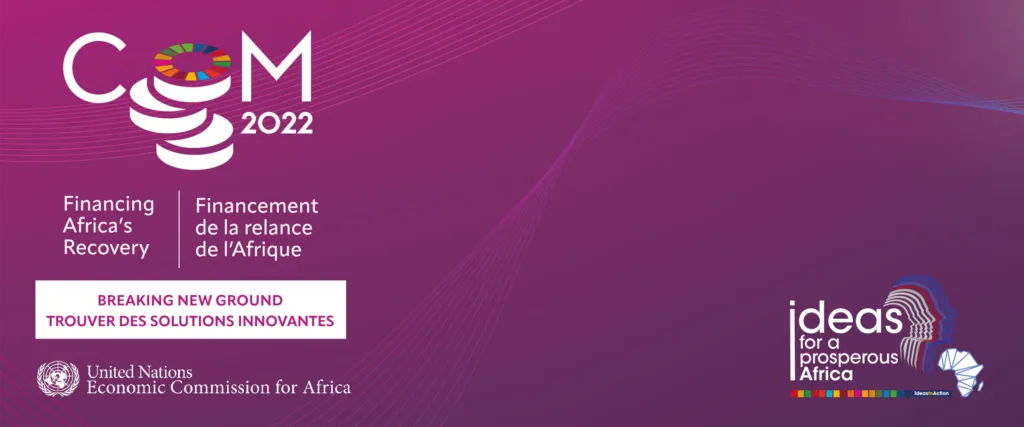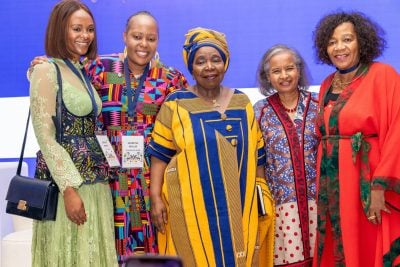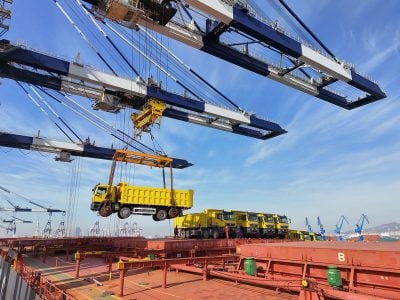African ministers of finance, planning and economic development called for the reform of the international financial architecture to allow African countries to access resources more easily and at a lower cost from multilateral and regional financial institutions.
In the final communique wrapping up the 54th UNECA conference held in Dakar, they commended the ECA, African finance ministers and the IMF for facilitating the establishment of a high-level working group towards this end.
This came out of the final communique issued at the end of a week’s deliberations on the need for higher levels of financing for the post-Covid-19 pandemic recovery and to achieve the 2030 Agenda for Sustainable Development and goals of Agenda 2063, which have suffered significant setbacks from the pandemic.
The group cited the impact of the Russian war with Ukraine, highlighting the impact it was having on prices of key commodities.
Other new risks included new virulent variants of the coronavirus, rising interest rates in developed economies, climate shocks, capital outflows, currency depreciation, rising debt and increased borrowing costs.
Dealing with these challenges is expensive. “We note that the required annual expenditures for the continent related to the SDGs are expected to rise by $154bn annually.
“We need between $130bn and $170bn annually for our infrastructure projects as well as about $66bn annually to invest in our health systems and health infrastructure. Furthermore, we need over $3trln in mitigation and adaptation spending by 2030 to address the challenges of climate change.”
“We commit to increase our efforts to mobilise domestic resources, through effective tax policies, savings, and the use other innovative mechanisms such as sovereign wealth funds, diaspora bonds and remittances, to support our development projects.”
The ministers pledged to adopt and implement policies that create an enabling environment to attract the private sector and institutional investors, and to pursue “unambiguous” tax policies, among a raft of other measures, to combat illicit financial flows.
The ministers noted their disappointment at having to pay an “African premium,” which ranges from 100 to 260 basis points, for funds raised in external capital markets.
“Interest rates charged to our countries are higher than those charged to our peers outside our continent with similar or worse economic fundamentals.”
The group called on countries that are net food importers to diversify their sources of supply including through domestic production, releasing existing stocks and diversifying import sources.
“We also urge our oil exporting countries to utilise the windfall to support economic recovery and replenish their policy buffers. We agreed, in the medium-term, to invest in renewable energy products to reduce dependence on foreign oil and gas.”
“We note that the full implementation of the AfCFTA will boost our collective gross domestic product (GDP) by $55bn in 2045 and therefore we urge our countries that have ratified the agreement to mainstream the agreement in our national development plans and those that have not ratified to do so”.
The wide-ranging communique also thanked its partners for their support. Finally, it thanked the Chairperson of the African Union Commission and President of the Republic of Senegal, Macky Sall, and people of Senegal for hosting the event.

Want to continue reading? Subscribe today.
You've read all your free articles for this month! Subscribe now to enjoy full access to our content.
Digital Monthly
£8.00 / month
Receive full unlimited access to our articles, opinions, podcasts and more.
Digital Yearly
£70.00 / year
Our best value offer - save £26 and gain access to all of our digital content for an entire year!
 Sign in with Google
Sign in with Google 



